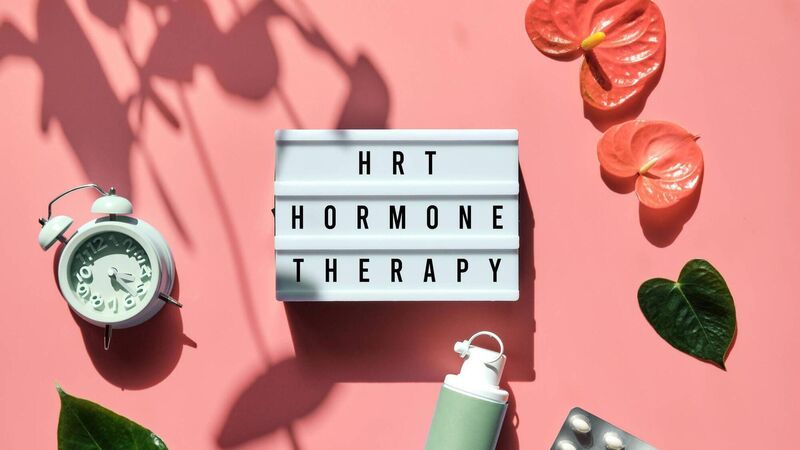Are we in danger of over-medicalising the menopause?

Last month an article in the British Medical Journal (BMJ) questioned the ‘medicalisation of menopause’ and spelt out the risks of doing so
A year on from 's five-days-straight discussion on menopause, the conversation on this pivotal time in a woman’s life has taken a sudden swerve.
So many women queued up to air the devastating impact of menopausal symptoms last summer that Liveline created a dedicated phone line. The RTÉ radio show marked an upswing in women coming forward for help. Many wanted HRT, so much so that earlier this year the HRPA warned Ireland faced shortages in HRT medication, citing an ‘unexpected increase in demand’.











